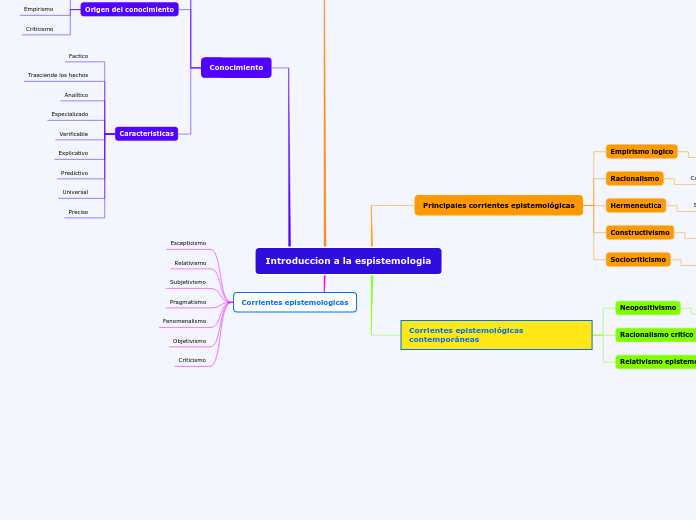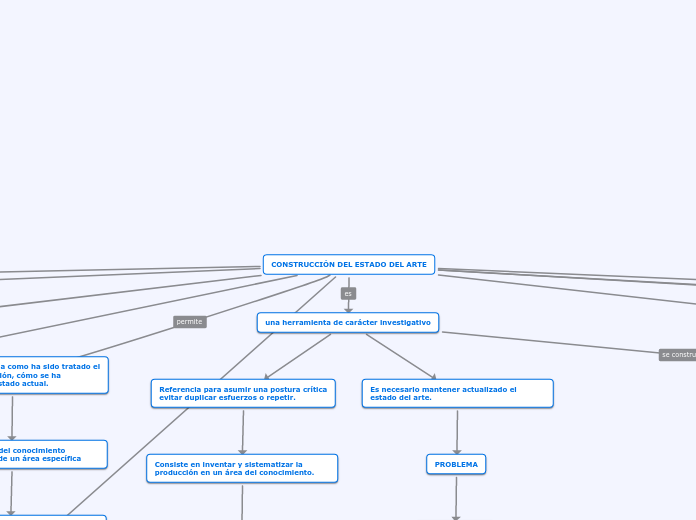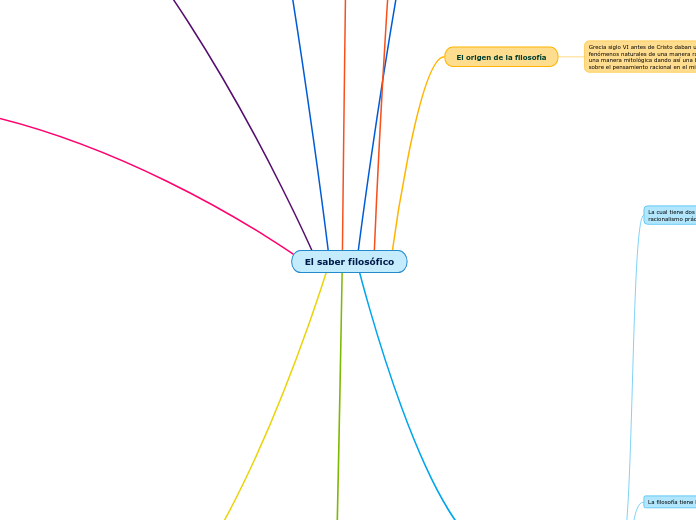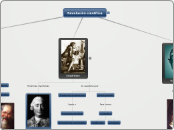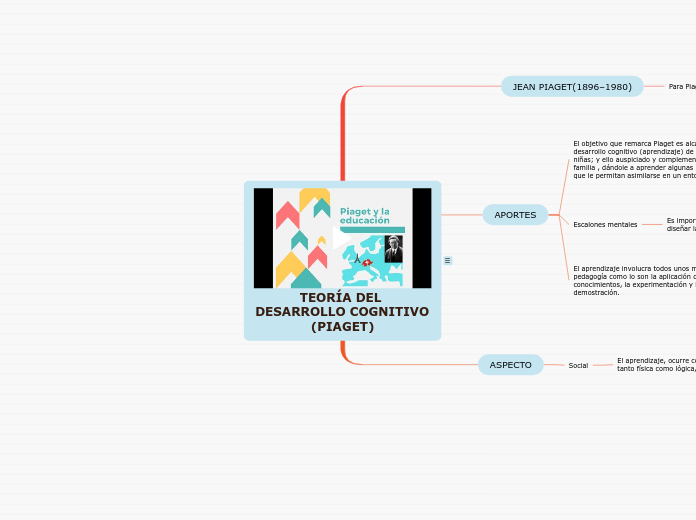Conjunto de conocimientos objetivos y verificables sobre una materia determinada, que son obtenidos mediante
Introduccion a la espistemologia
In linguistics, syntax is the set of rules, principles, and processes that govern the structure of sentences in a given language, usually including word order.
Corrientes epistemologicas
Objetivismo
Fenomenalismo
Pragmatismo
Relativismo
Escepticismo
Conocimiento
A compound sentence is a sentence that has at least two independent clauses joined by a comma, semicolon or conjunction. An independent clause is a clause that has a subject and verb and forms a complete thought.
Caracteristicas
Preciso
Universal
Predictivo
Explicativo
Verificable
Especializado
Analítico
Trasciende los hechos
Factico
Origen del conocimiento
Empirismo
Clases de Conocimiento
Create your own compound sentences, using the coordinators above.
Teórico
Filosófico
Científico
Rasgos esenciales
Objetivo
Observación y experimentacion
Racional
Conceptos juicios no creencias
Empírico
Teorías del conocimiento
When independent clauses are joined with coordinators (also called coordinating conjunctions), commas and semicolons, they do more than just join the clauses. They add meaning and flow to your writing.
Dogmatismo
Criticismo
Subjetivismo
Ciencia
A complex sentence is a sentence that contains an independent clause and one or more dependent clauses.
An independent clause can stand alone as a sentence, but a dependent clause even though it has a subject and a verb cannot stand alone.
Formulación y explicación de hipótesis
Explicación de principios y causas
The subject clause is a dependent clause that acts as a subject.
We like the person who teaches us German.
Experimentación
A predicative clause may be introduced by conjunctions - that, whether, whether... or, as, as if, as though, because, lest, the way - or connectives.
The latter may be conjunctive pronouns - who, whoever, what, whatever, which - or conjunctive adverbs - where, wherever, when, whenever, how, why.
The question is whether we can manage without him.
Observación
The object clause is a phrase on which a verb performs an action. It falls at the end of a sentence, and is governed by a verb or a preposition.
Add example
Corrientes epistemológicas contemporáneas
Relativismo epistemologico
See the example below and try to create your own simple sentences.
Tim is driving the car with his mother.
Cambio de paradigmas
Racionalismo critico
See the example below and try to create your own simple sentences.
Tim is the driver.
Cuestiona el principio de la verificación
Neopositivismo
See the example below and try to create your own simple sentences.
Tim drives the car.
Se relaciona con el método inductivo
Principales corrientes epistemológicas
Sociocriticismo
An adverbial is an individual word (that is, an adverb), a phrase, or a clause that can modify a verb, an adjective, or a complete sentence.
Cuestiona afirmaciones científicas
Constructivismo
The attribute is defined as a quality or characteristic of a person, place or thing.
Interrelaciones del individuo
Hermeneutica
The predicative is defined as an adjective or noun forming or contained in the predicate.
Its main trait is that it serves to express a property that is assigned to a 'subject'.
For e.g.: The dog is old.
Subjetividad
Racionalismo
The predicate of a sentence is the part that modifies the subject in some way. Because the subject is the person, place, or thing that a sentence is about, the predicate must contain a verb explaining what the subject does and can also include a modifier.
Conocimiento se deriva de la razón
Empirismo logico
The subject of a sentence is the person, place, thing, or idea that is doing or being something. You can find the subject of a sentence if you can find the verb.
Ask the question, 'Who or what 'verbs' or 'verbed'?' and the answer to that question is the subject.
Experiencia o percepción sensible
